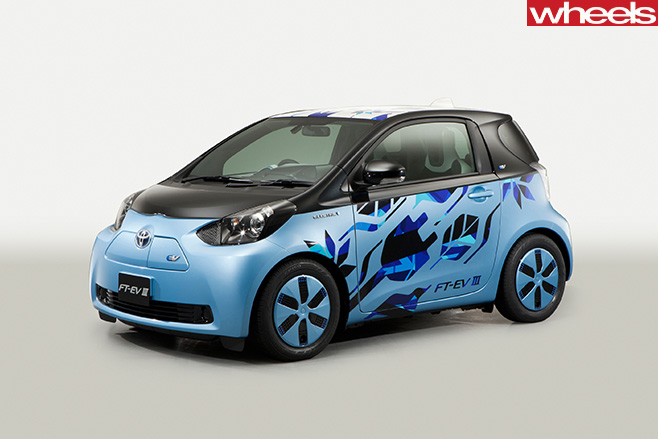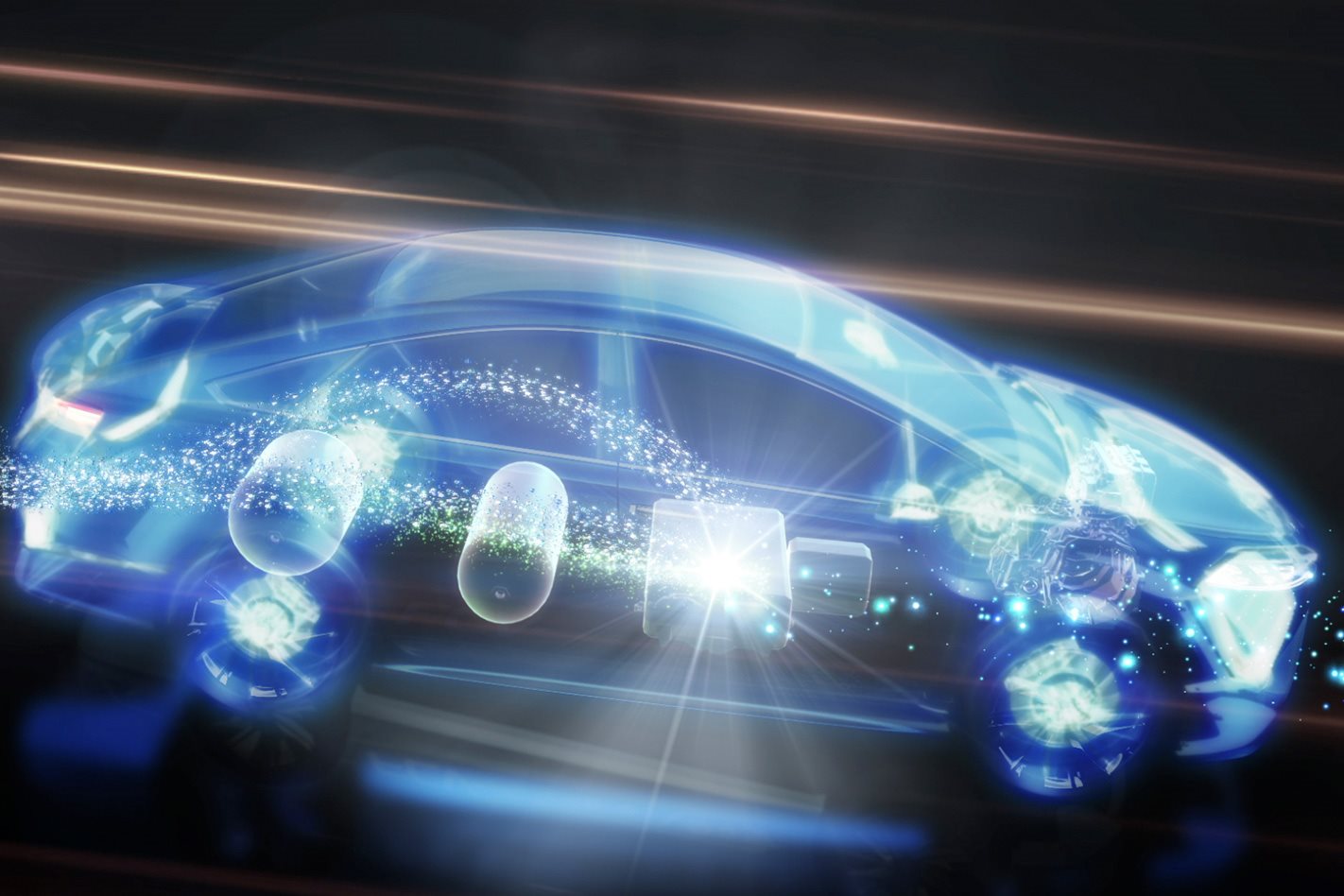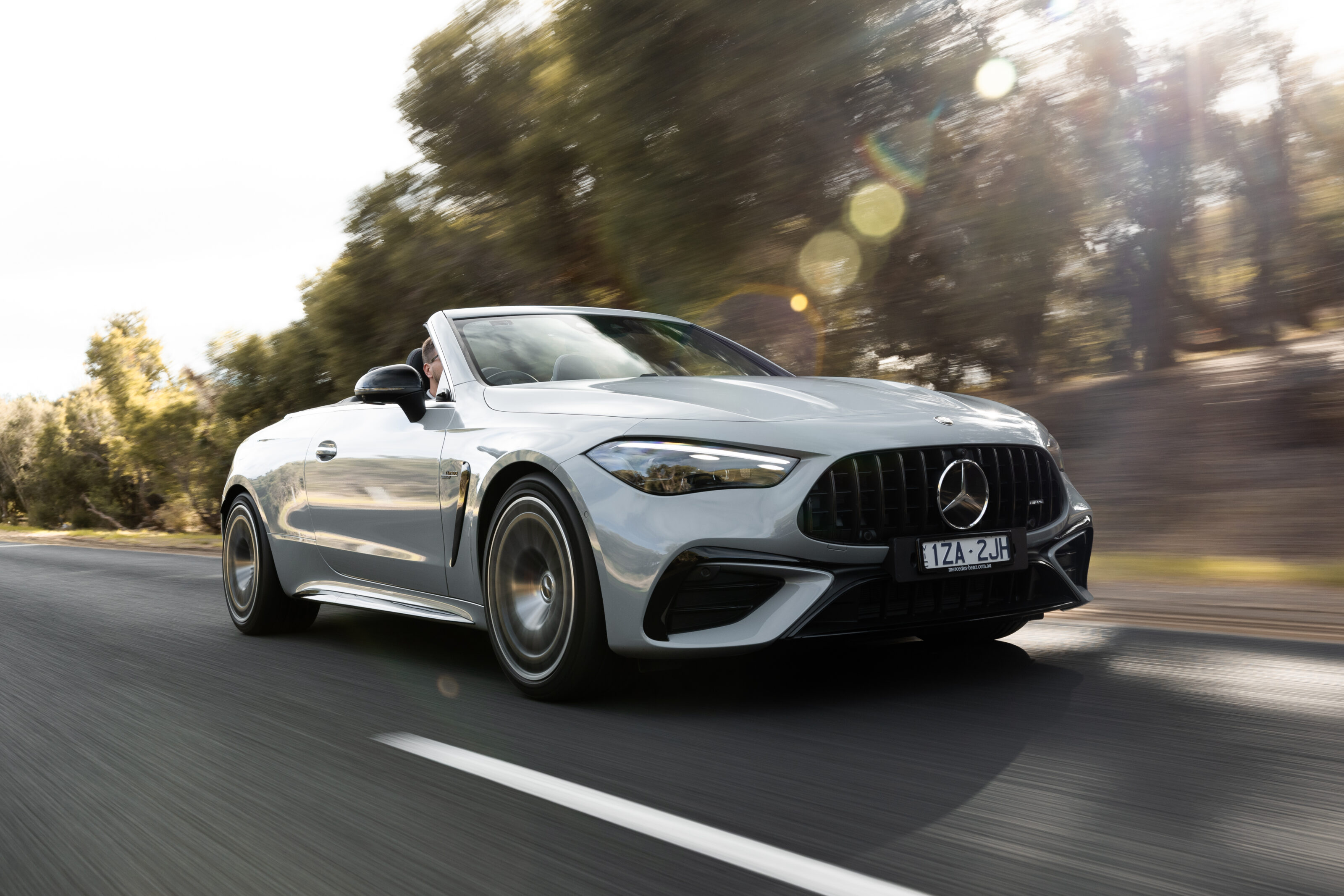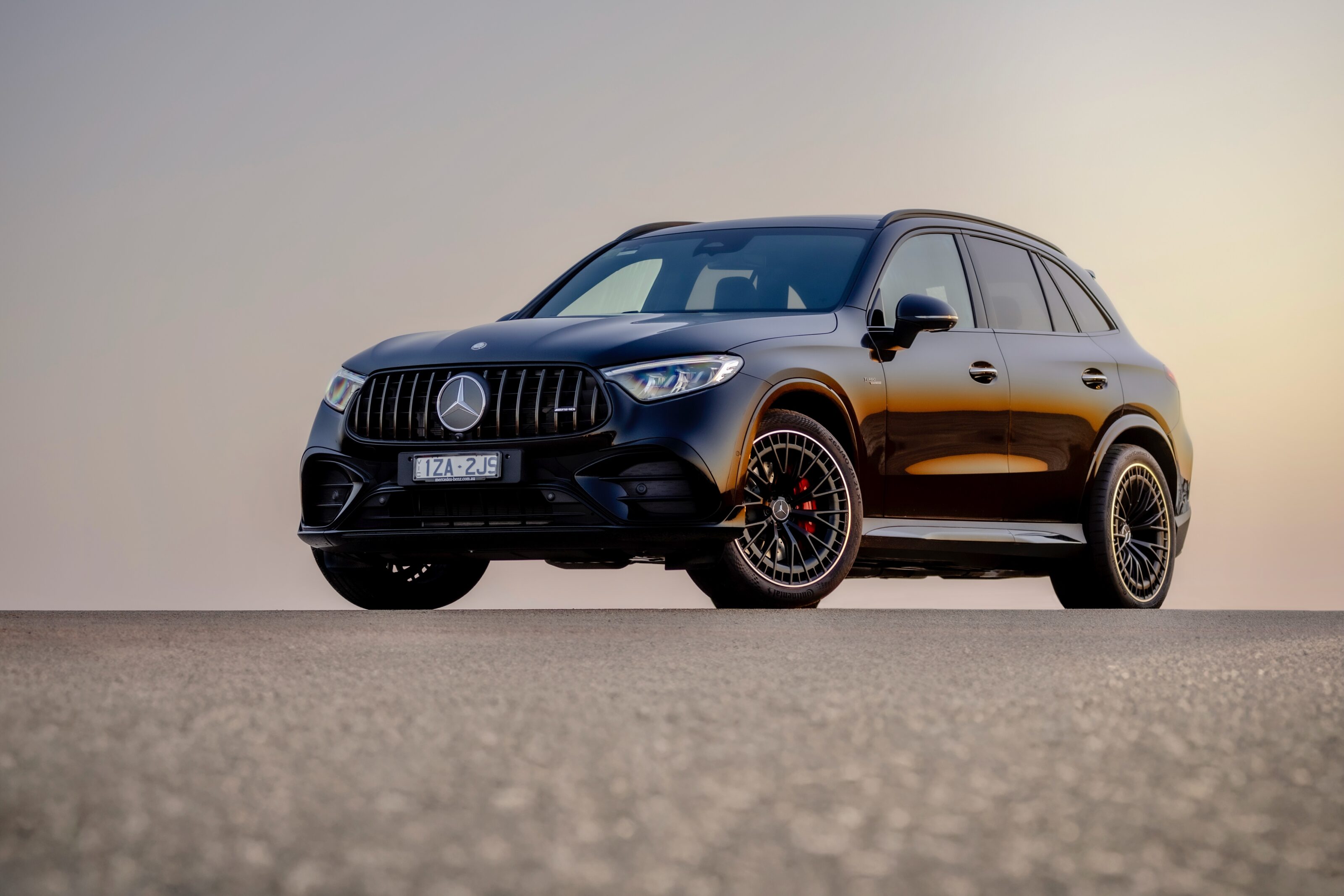Toyota, long the champion of petrol-electric hybrids and fuel-cell hybrids, is reportedly preparing to dive into the world of pure-electric vehicles instead, with the market debut of its first entirely battery-powered mass-market passenger car expected in 2020.
A report in Japan’s Nikkei newspaper says plans for a Toyota EV are already moving ahead, and the automaker – the world’s second-largest behind Volkswagen – is aiming to develop a car with a single-charge range of more than 300km.
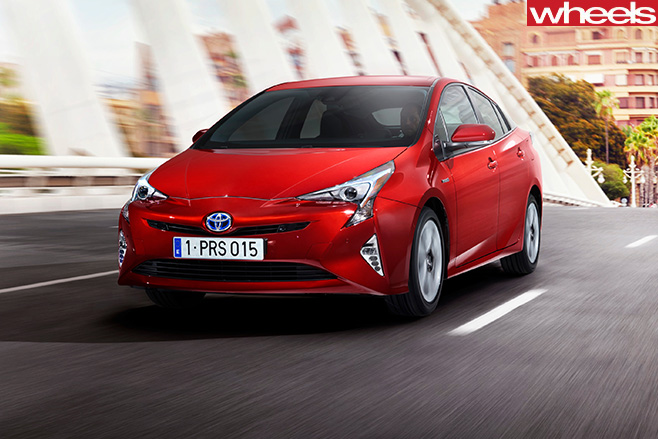
Toyota has only briefly flirted with production-capable electrics, with the i-Road single-seater and the diminutive Toyota iQ EV being built in very low numbers and missing out on a global release. Toyota recently built a limited number of electrified RAV4s in collaboration with Tesla for the US market, but primarily for the Californian market.
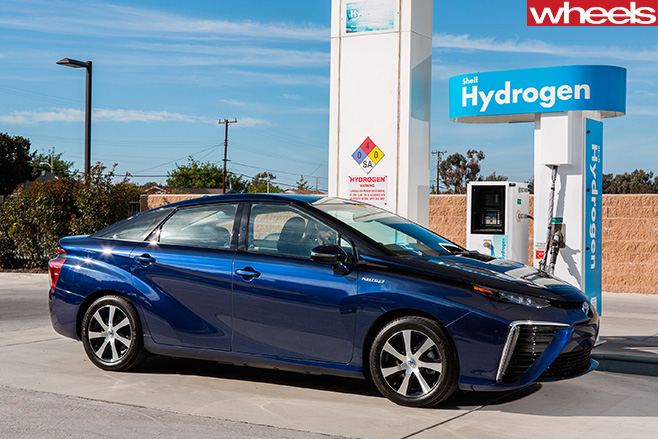
Meanwhile Nissan currently holds the title for the world’s highest-selling EV with its Leaf small hatch, and, through its alliance with French manufacturer Renault is planning more electric cars for the future. With the wider car industry increasingly gravitating towards EVs, Toyota cannot afford to sit on its hands.
